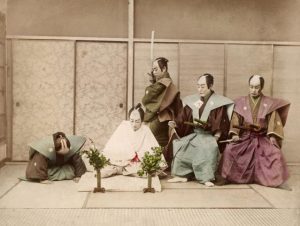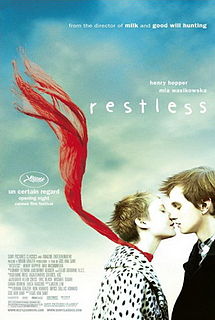In our society, when someone is on the brink of death it is common for the patient’s loved ones to ask for prayers. We pray for the person to overcome whatever it may be that is ailing them and hope they get back on their feet as soon as possible. If this person should die, it is natural for everyone who has been praying for them become sad. Following the death, a mourning period ensues with the goal of remembering the life of the patient and in a good amount of situations still wishing he or she were alive. But, is this always the case? Are there instances where we wholeheartedly hope that someone dies or celebrate instead of mourn when they do pass away?
I came across a video on Facebook recently, and I got thinking about whether it is morally wrong to celebrate an evil person’s death. This video I saw was from a MLB game featuring the Philadelphia Phillies vs the New York Mets in Philadelphia on May 1, 2001. May 1, 2001 was the day the U.S. successfully executed a mission to kill Osama bin Laden. The video showed the Phillies fans celebrating in the stadium upon learning through their phones and word of mouth about the death of the Bin Laden. At that point, the baseball game took a clear back seat, and the crowd was in a frenzy.
I do not have a clear opinion on whether it is morally “wrong” to celebrate an evil person’s death, but I am able to see both sides of the coin regarding this question. Technically speaking, one human life isn’t worth more than that of another human. However, we as a society are quick to label people as “good” or “bad” and these labels no doubt affect the value we place on people. With Bin Laden though, I think it is fairly safe to claim as a whole most people find him to be a person with evil intentions. As mentioned before, however; his life isn’t worth any less than a “good” person’s life, per se.
Although the majority of people thought similarly, obviously not everyone believed Bin Laden was an evil person. For example, his followers and other extremists certainly didn’t think of Bin Laden in a bad light, and most even saw him as a respected leader. Those who respected him definitely had a different reaction than the Phillies fans the day Bin Laden was killed. These questions can be applied to Adolf Hitler as well, a man who may be regarded as the evilest person in human history. As an American, I was proud to hear about Bin Laden’s death. I believe he was an evil person and that was the only just punishment for him. Ultimately, I think mourning or celebrating a person who is considered evil on the level of Bin Laden comes down to several factors. One of them is how you value a life. If you think that all lives are equal, then perhaps you may think it is wrong to mourn ANYONE’S death. Another factor is obviously your relationship to the person. All Americans were happy about Bin Laden’s death but as mentioned before the rest of Al-Qaeda was probably not. I do not advocate for either side, but I certainly do think this is a viable question that has several variants of both sides of the coin.
To see the atmosphere at the Phillies game, take a look at this video.



